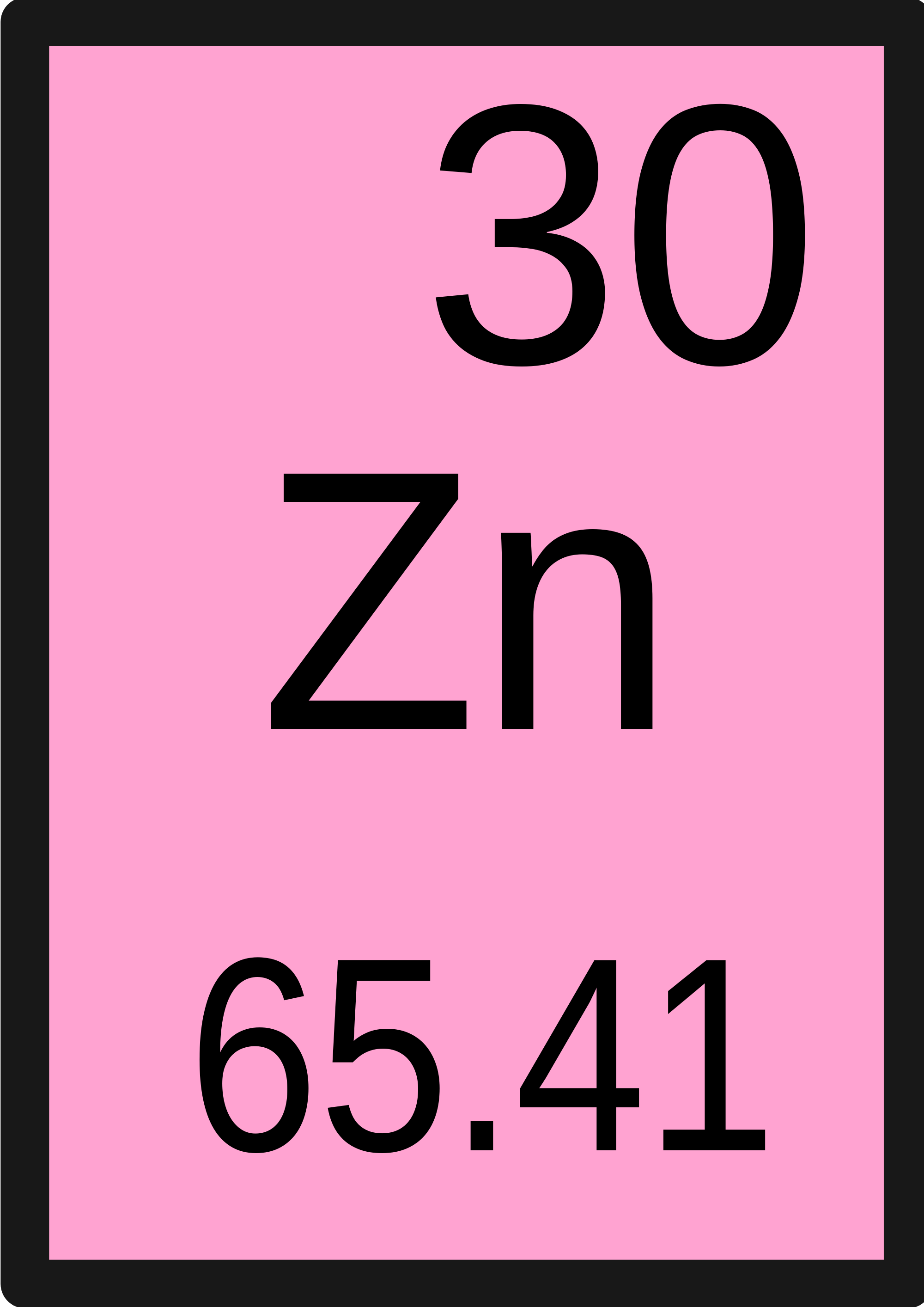by Karlee Bushnell, Guest Blogger
Did you know that the average person has approximately 2-3 grams of zinc in their body? Zinc is primarily found in the liver, pancreas, kidney, bone, and muscles. For most Americans, dietary zinc comes from meat, fish, poultry, fortified cereals, and milk/dairy products. In general, zinc intake correlates well with consumption of protein sources. Adult men need about 11 mg per day, whereas adult women need about 8-9 mg per day.1
So what does zinc do for you? Well, zinc does quite a lot, and has many functions in the body. Most people know that zinc is necessary for a properly working immune system. Zinc is also an important structural component of several proteins, plays a role with neurotransmitters, helps with healing of wounds, cell division and growth, and more! Zinc is also necessary for the senses of smell and taste. 1
Because of all these unique and important functions, research has been identified to show that zinc may play a role in depression, and may occur secondary to restriction of energy intake. Zinc plays a role specifically in the production and use of the neurotransmitters serotonin, which helps with mood stabilization, and dopamine, which is commonly termed “the feel-good chemical”; this is why low levels of zinc have been linked to depression. In fact, at this time research is being done to evaluate if zinc may play a part as an adjunctive treatment to antidepressant medications or if it could even be used as the sole therapy for treatment of depression.2
Recent research also shows that a deficiency in zinc can cause certain behavioral changes such as dysphoria, impaired cognitive function, learning disabilities, and neurological disorders. Additionally, a study performed by researchers from Belgium, the United States, and Italy found that zinc levels are particularly low in those with treatment-resistant depression. This raises the question: should zinc levels be tested prior to a plan of care is determined to identify patients who are unlikely to respond well to regular treatment and may need more personalized care? Further research is necessary, but it is a start, especially for those who may want a more natural treatment for depression or may suffer from treatment-resistant depression.3
So what does this have to do with an eating disorder? Well unfortunately, eating disorders can occur secondary to depression and vice-versa, so the two conditions are not as unrelated as it may seem. When energy intake is restricted, sporadic, or repetitive, your intake of zinc may be lacking. A deficiency in zinc can cause altered taste and smell perceptions, which can further affect one’s appetite. This is not to say that a deficiency in zinc causes or perpetuates symptoms of an eating disorder, but it is worth looking at the bigger picture. 1
Varying your intake can help to ensure you are consuming enough zinc each day. If you’re brave, oysters are a great source of zinc (and certainly can make you feel fancy eating them!). Otherwise, some food sources of zinc include beef, pork, fortified breakfast cereal, chicken, baked beans, cashews or yogurt. If you are concerned about your levels of zinc, it is recommended to speak with your doctor for laboratory testing that can help to individualize your care; similar to zinc, there are other subclinical nutritional deficiencies that can affect mood, appetite, cognitive function, and sleep. Working with a Registered Dietitian can help to address these deficits so that dietary intake can support recovery.
References
- Mahan, L. K., Escott-Stump, S., Raymond, J. L., & Krause, M. V. (2012). Krause’s Food & the Nutrition Care Process (13th ed.). St. Louis, Mo.: Elsevier/Saunders.
- Jennings E. The importance of diet and nutrition in severe mental health problems. Journal of Community Nursing. 2015;29:68.
- Greenblat JM. The ZINC LINK in DEPRESSION. Natural Solutions. Eagan: InnoVision Health Media, Inc; 2016:44
About Guest Blogger Karlee Bushnell:
Karlee Bushnell is a graduate of Rochester Institute of Technology in Nutrition Management and completing her dietetic internship through Simmons College. She has a strong interest in working with people who struggle with disordered eating. Karlee is one of the first interns to participate in the first credentialed internship dedicated to specialization in eating disorder treatment in Boston.
